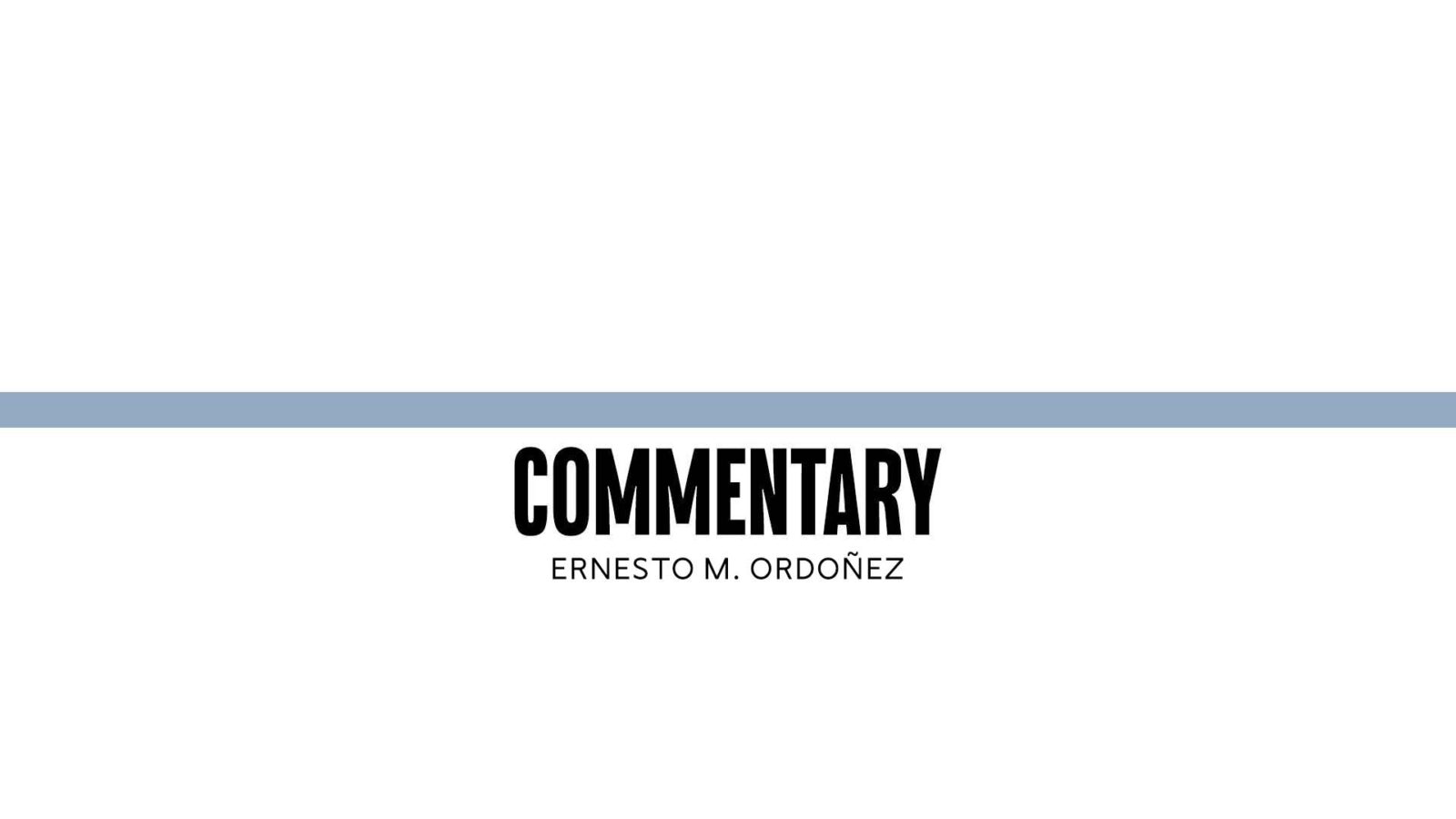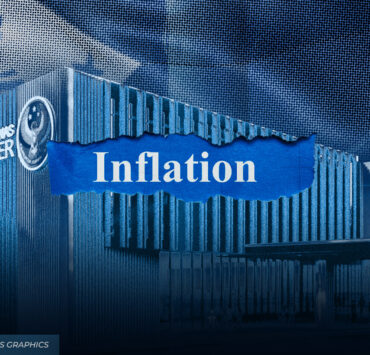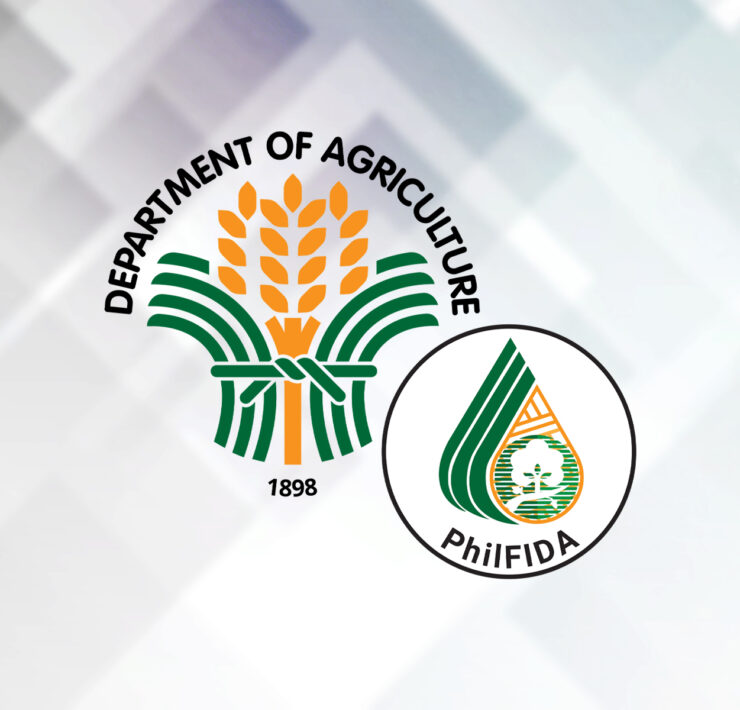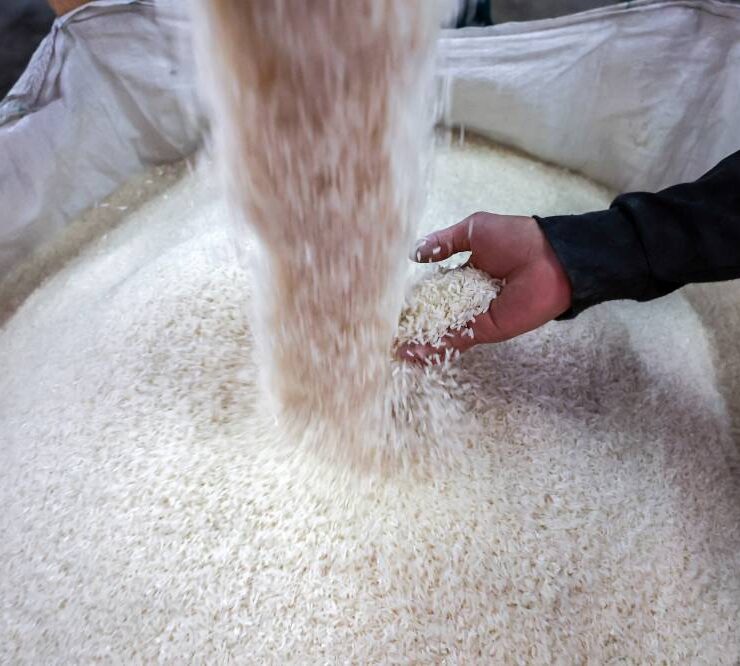Rice safeguards needed for survival

Since our rice industry is in a crisis, with our farmers losing their incomes as never before, the Department of Agriculture (DA) must now totally support the possibility of safeguards for our rice farmers’ survival. This will enable our farmers to once again earn an income as well as produce the rice we need for our own food security.
Last Sept. 2, the International Trade Committee of the public-private Philippine Council of Agriculture and Food (PCAF) unanimously approved the following resolution: to restore immediately the current 15 percent tariff on imported rice to 35 percent, and explore a higher tariff rate to adequately protect our rice farmers.
The request for a Tariff Commission hearing on an increased rice tariff was likewise approved. However, Raul Montemayor of the Federation of Free Farmers (FFF) stated that this would take time. He suggested that other methods be used because our farmers were suffering too much.
Alyansa Agrikultura had previously written to the Tariff Commission for a hearing on raising the rice tariff. To date, there has been no positive response.
Last Sept. 29, Montemayor, acting as the FFF national manager, filed a petition for safeguard measures. He was joined by Argel Joseph Cabatbat, acting as the chair of the Magsasaka Partylist.
Safeguard measures
I first learned about safeguard measures when I was chair of the Technical Working Group of the Cabinet-level Committee on Tariffs and Safeguard Measures. When I became president of the Cement Manufacturers Association of the Philippines and the Asean Federation of Cement Manufacturers, we requested safeguard measures to protect the cement industry for its survival.
The Department of Trade and Industry (DTI) further helped us by filing the safeguard measure “motu proprio.” This means that “the action is initiated voluntarily by the authority itself.” Therefore, the cement manufacturers would be significantly helped by the DTI.
What resulted was more complete data, much faster action and increased credibility. When the petition was submitted to the Tariff Commission, the safeguard was granted.
What is a safeguard in international trade terms? It is a temporary restriction that a country applies on imports of a certain product to protect an industry from serious injury (or such a threat) because of an import surge. This can take the form of an additional tariff. This is exactly what our rice farmers need now.
History
In 2019, the Philippines had to comply with its Worlf Trade Organization commitment to stop the quantitative restriction of rice imports. Instead, a 35-percent tariff was imposed.
At that time, both the Alyansa Agrikultura and the FFF filed separate petitions to the DA for a safeguard measure which would increase the rice tariff. This was because 35 percent was too low and would significantly harm our rice farmers,
Both petitions did not get even a response from the DA. As a result, though rice retail prices decreased by only 2 percent from its normal level, our rice farmers lost 23 percent of their income.
To make matters worse, when the government further brought this rate down to 15 percent in July 2024, the rice farmers suffered even more. Asking for the rice safeguard now is imperative. It meets the three conditions for a safeguard to be valid.
Three conditions
First, for evidence of an import surge, we used to import approximately one million tons a year. In 2025. We imported three million tons. In fact, the import volume we have this year is 5.4 million tons. This is double the 2.65 million rice supply gap stated by the Department of Economy, Planning and Development.
Second, for damage to industry, this is abundantly clear. For the first time, the average production cost per kilo is less than the farm-gate price, meaning loss rather than profit. The cost is P14.28 a kilo, while the selling price is P11 a kilo. The damage has been disastrous.
Third, regarding the import surge being the cause for the damage to the rice industry, the landed import price forced the farmers to sell their palay at a much lower price to be able to compete with the cheap imported rice, as a result of the very low 15 percent tariff.
DA should not only review carefully the safeguard petition filed by Montemayor and Cabatbat. In addition, the DTI must consider using the more effective and much faster motu proprio mode. If the DTI used motu proprio to help the cement industry survive, the DA must do its own investigation, speed up the process and file a motu propio petition if the information they speedily collect warrants it.
The author is Agriwatch chair, former secretary of presidential flagship programs and projects, and former undersecretary of the Department of Agriculture and the Department of Trade and Industry. Contact is agriwatch_phil@yahoo.com.





















